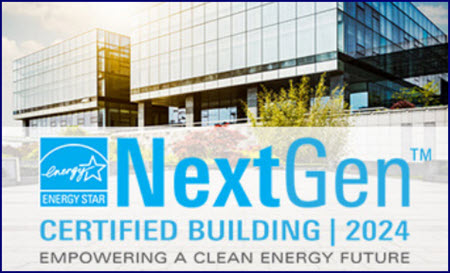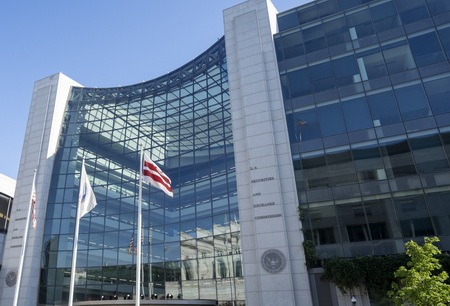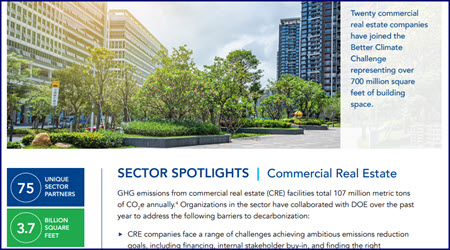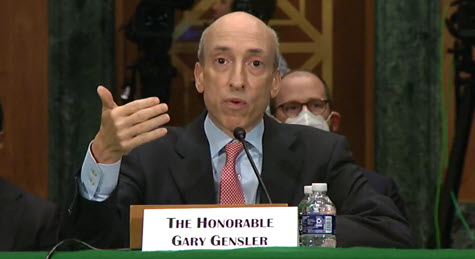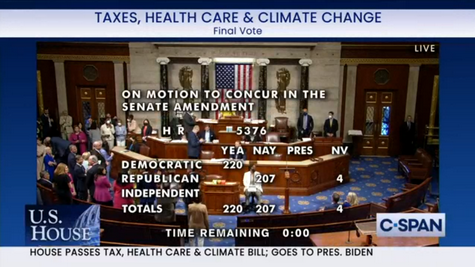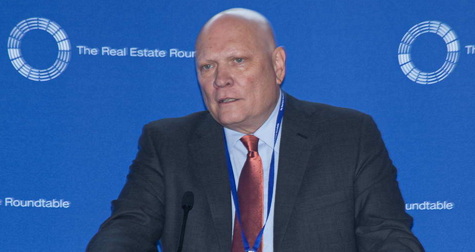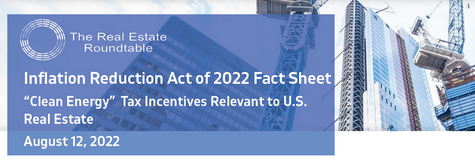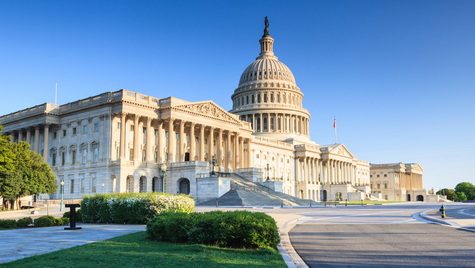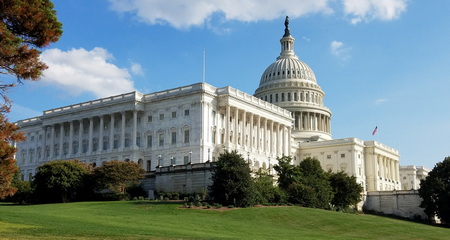
The Biden-Harris administration is accelerating actions at the intersection of climate and real estate policy in the lead-up to November’s elections to implement its signature clean energy legislation passed during its first years in office. RER’s Sustainability Policy Advisory Committee (SPAC) remains engaged with policymakers on a variety of initiatives coalescing in 2024 that include the following:
Climate-Related Financial Risk
- The U.S. Securities and Exchange Commission (SEC) is expected to issue a final rule this spring for registered companies to disclose financial risks from climate change.(RER fact sheet and Roundtable Weekly, March 10, 2023).
- Scope 3 “indirect” emissions from sources in a company’s supply chain are controversial elements of the anticipated SEC rule. RER’s 2022 comments urged the Commission to drop its “back door mandate” for Scope 3 disclosures. (Roundtable Weekly, June 10, 2022)
- Litigation against the SEC’s imminent rule is widely expected. A recent lawsuit filed by industry groups against a California disclosure package passed last summer (modeled after the SEC’s proposal) signals similar claims that the federal government might face in court. (Wall Street Journal, Jan. 30 and RER fact sheet)
Additionally, the U.S. Commodity Futures Trading Commission (CFTC) plans to finalize a proposal establishing standards for verified carbon offsets that companies may pursue to mitigate GHG emissions they cannot avoid.
Voluntary Frameworks
- The Environmental Protection Agency (EPA) will accept applications for its NextGen building label starting in September. (EPA slides to SPAC, Jan 24) ENERGY STAR assets will be NextGen-eligible if they also meet an emissions “target” and source 30 percent of energy use to renewable power. (RER fact sheet)
- NextGen certification may serve as an “intermediate step” for buildings that strive for a voluntary Zero Emissions Building (“ZEB”) definition coming from the U.S. Energy Department. Recent comments from RER and Nareit maintain that the federal ZEB definition can lend consistency to the confusing state-local regulatory patchwork of building performance standards. (Roundtable Weekly, Feb 2.)
- EPA is acting on requests to update Portfolio Manager, CRE’s standard tool to measure metrics for building efficiency and emissions. Portfolio Manager upgrades announced at last month’s SPAC meeting will help real estate companies strive for NextGen or ZEB status. (Coalition letter, Sept. 14, 2023)
- This spring, the influential GHG Protocol—an international framework heavily relied upon by the SEC, EPA, DOE, and institutional investors—will undertake its first revisions since 2015 to its guidance for companies to account for emissions from electricity use. RER will participate in the upcoming Scope 2 guidance public comment process.
Tax Incentives

Vice Chair Ben Myers
- The Internal Revenue Service (IRS) has issued dozens of proposed rules and notices to implement clean energy tax incentives available to real estate and other sectors since Congress passed the Inflation Reduction Act (IRA) in 2022. (RER fact sheet)
- The IRS is expected to release final rules before November on topics such as the ability of REITs to transfer certain tax credits, proposed rules on non-urban census tracts eligible for EV charging station credits, and the 179D deduction for building retrofits.
- RER has submitted comments on these and other topics in response to initial IRS notices and will continue to provide feedback as opportunities arise. (RER letters Oct. 30 and July 28, 2023; Nov. 4 and Dec. 2, 2022)
The Roundtable’s SPAC—led by Chair Tony Malkin (Chairman, President, and CEO, Empire State Realty Trust) and Vice Chair Ben Myers (Senior Vice President of Sustainability, BXP)—will press forward with RER’s climate and energy priorities for the remainder of the current administration and into the next.
# # #
